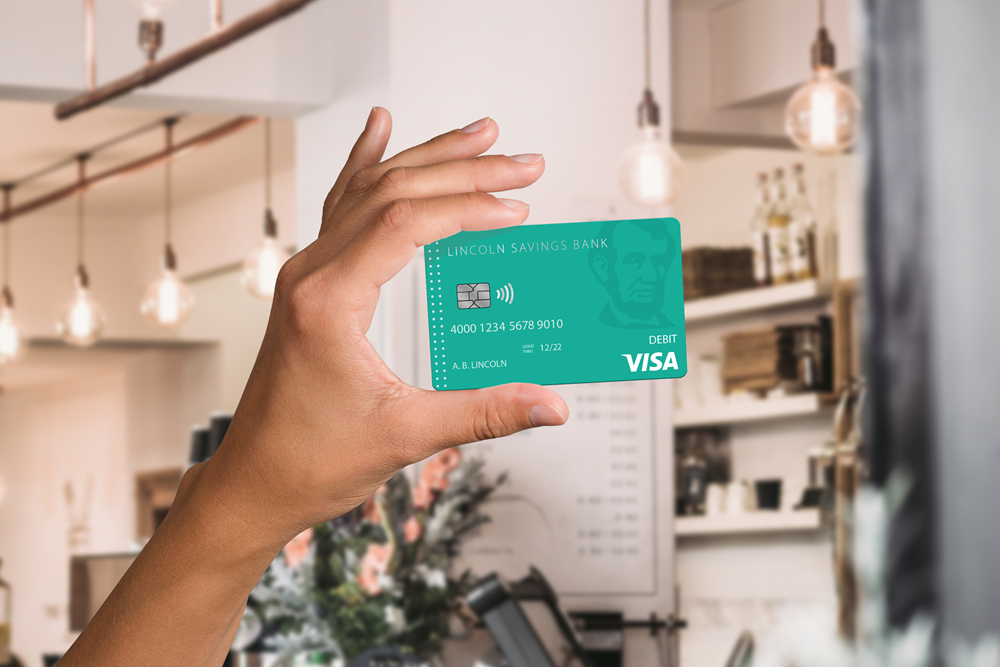
Small Business Administration (SBA) loans have been historically subject to misunderstandings. Recently, as the agency introduced new programs to provide emergency pandemic funding assistance to the country’s hard-hit small businesses, there has been added confusion.
In this article, we’ll help address the questions of those who may be uncertain about the repayment of SBA loans.
SBA COVID Relief Efforts Introduced New Funding and Repayment Features
As the pandemic quickly unfolded, Congress approved funding for new small business COVID relief programs and enhancements to existing programs. Because there was such great need, numerous efforts were launched, each with different features and teams. It became challenging to understand the new landscape of options.
Though traditionally, SBA loans require repayment like any other bank loan, many business borrowers remain confused about the current availability of grants, loan forgiveness, payment deferrals, and payment relief. It’s understandable. Here is a brief recap of the different SBA COVID relief programs and repayment structures. It is important to note that many of these measures were temporary and have expired.
- Economic Injury Disaster Loans (EIDL) are low-interest, fixed rate long-term loans available directly from the SBA. The SBA is offering payment deferral of 24 months from origination. The last date be approved for a COVID EIDL loan is Dec. 31, 2021.
- Some applicants of COVID EIDL are eligible for an EIDL ‘Advance,” which is $15,000 in funding that does not have to be repaid. The SBA invites eligible EIDL applicants to apply for an advance.
- The Paycheck Protection Program was a temporary program that offered were forgivable loans if the proceeds were used for eligible expenses. It expired on May 31. 2021.
- The long-standing flagship SBA 7(a) guaranteed loan program was temporarily enhanced to offer several months of payment relief, in addition to other measures. The enhancements expired on Sept. 30, 2021.
- The Restaurant Revitalization Fund was a temporary program that provided emergency revenue replacement to eligible restaurants that did not have to be repaid. The program expired in May of 2021.
- The Shuttered Venue Operators Grant was a temporary program that provided grants to venues forced to shutter because of COVID. It expired in August of 2021.
Confusion Around Traditional SBA ‘Guaranteed Loan’ Programs
The SBA 7(a) guarantee loan program has been the SBA’s flagship small business funding program since 1953. But despite its long existence, there are still misunderstandings around the term “SBA guaranteed loan.”
An “SBA guaranty” is what the SBA provides to the lender to reduce risk and support lending to small businesses. It is not a guarantee of funds for the borrower.
In the instance that a borrower defaults on an SBA 7(a) loan, the lender can recover the guaranteed portion of the loan balance from the SBA. But as some may mistakenly believe, this does not exempt the borrower from having to repay the guaranteed portion. An SBA 7(a) loan is like any other loan and must be repaid on-time and in-full.
SBA 7(a) Loans Remain a Great Option for Small Businesses
Here’s the key takeaway for small business owners currently looking for capital to start or grow a business: the standard SBA loan programs currently available must be repaid just like any other loan. SBA 7(a) loans remain one of the best ways for eligible businesses to obtain funding.
Small businesses can access up to $5 million in long-term capital at competitive interest rates. SBA 7(a) loans can be used for flexible purposes that are difficult to finance with conventional business loans, such as startup expenses, improving a leased space, working capital, inventory and supplies, intellectual property and specialized equipment.
If your small business is interested in learning more about SBA loans, speak with the knowledgeable and experienced small business lending team at LSB! We can address the full spectrum of small business finance needs.
Member FDIC


